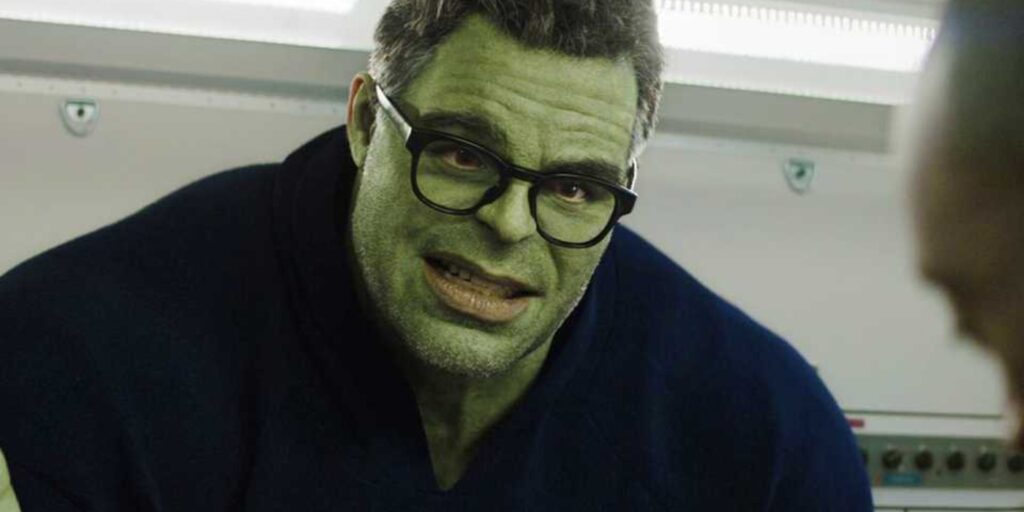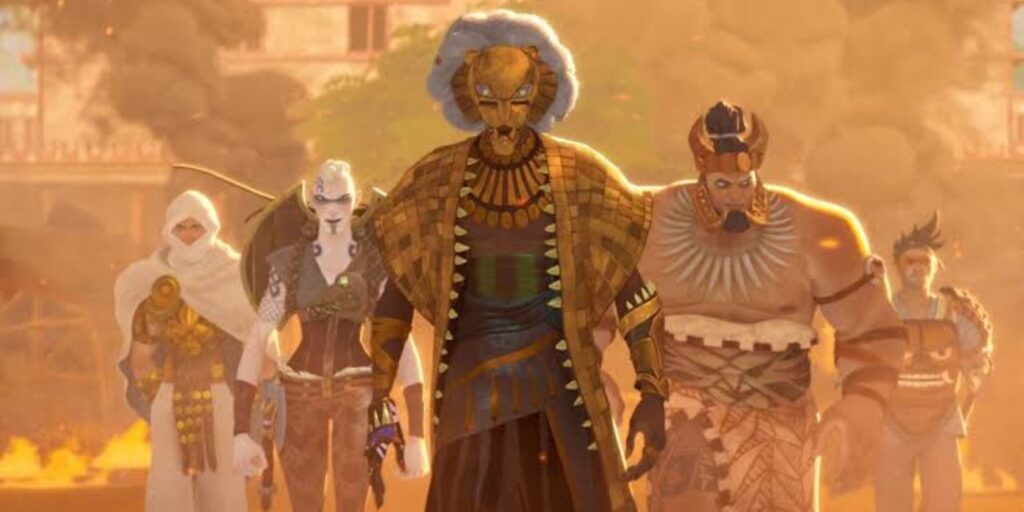When ‘Avengers: Endgame‘ hit theaters in 2019, it didn’t just deliver an emotional farewell to the Infinity Saga; it also gave us a clear and deliberate set of rules on how time travel worked in the Marvel Cinematic Universe.
The science was delivered by none other than Bruce Banner, who insisted, “Changing the past doesn’t change the future.” However, fast forward to 2025, and that once “unbreakable” rule has now been shattered, again, this time, in ‘Eyes of Wakanda.’
‘Eyes Of Wakanda’ Episode 4 Breaks Bruce Banner’s Time Travel Rule

Episode 4 of ‘Eyes of Wakanda’ centers around a future ‘Black Panther’ hundreds of years from now, who travels back in time to the 1800s. His mission? To stop a catastrophic alien invasion from ever occurring. Unlike ‘Endgame’, where any actions in the past created branch timelines without altering the future of the original one, this Panther’s journey does change the future. That alone is a fundamental contradiction of the MCU’s rigid time travel logic.
Related: ‘Eyes Of Wakanda’ Showrunner Explains Why Animation Was Key To Do Justice To Black Panther Storyline
The episode doesn’t even try to dance around it. The plot revolves around altering history with full awareness that the present will change as a result. This was not at all according to Bruce Banner’s quantum science from ‘Endgame’, where he made it crystal clear that “going to the past doesn’t change the present because your new present becomes the past.” However, here’s the thing: it works. The episode is loaded with stakes. Watching the future Panther wrestle with the decision to erase history in order to save his people adds tremendous moral weight.
Let’s be honest, ‘Eyes of Wakanda’ isn’t the first Marvel project to bend or break the time travel rulebook. ‘Loki’ seasons 1 and 2 completely flipped the concept on its head. Timelines were pruned, rewritten, and reset. Deadpool is leaping across timelines in ‘Deadpool & Wolverine’, trying to fix realities with recklessness. Even ‘Endgame‘ broke its own logic when old man Steve Rogers somehow appeared in the main timeline. The multiverse, once explained as a structured network of alternate realities, has now become a narrative tool.
On one hand, it allows for bold, creative storytelling. On the other hand, it risks collapsing under its own inconsistencies. There was a time when the MCU’s greatest strength was its interconnected logic. That doesn’t mean it’s all bad. In fact, some fans love the unpredictability. It allows new projects to explore the Marvel Universe without being tied down to a decades-old rulebook.
The Show’s Streaming Success Proves Wakanda’s Legacy Lives On

Despite the debate around its time travel plot, ‘Eyes of Wakanda’ is already a breakout success. It’s the No. 1 streaming show on Disney+ and the third most-watched title on the platform in the U.S. That’s no small feat for an animated anthology series that doesn’t even feature T’Challa, Shuri, or any of the franchise’s headline characters. Instead, it dives into the hidden history of Wakandan warriors sent to retrieve Vibranium across time and space.
In case you missed it: Michael B. Jordan Reveals His Unusual Approach For MCU Return In ‘Black Panther: Wakanda Forever’
So, it’s a fresh perspective that’s clearly resonating. Audiences are still deeply connected to the world of Wakanda, even after the bittersweet conclusion of ‘Wakanda Forever’. Whether it’s the cultural richness, the poetic narration, or the gorgeous animation, ‘Eyes of Wakanda’ stands as a reminder that Black Panther’s legacy is more than just its box office success. And if breaking a few time travel rules along the way is the price to pay for storytelling this impactful, many fans seem happy to let it slide.





